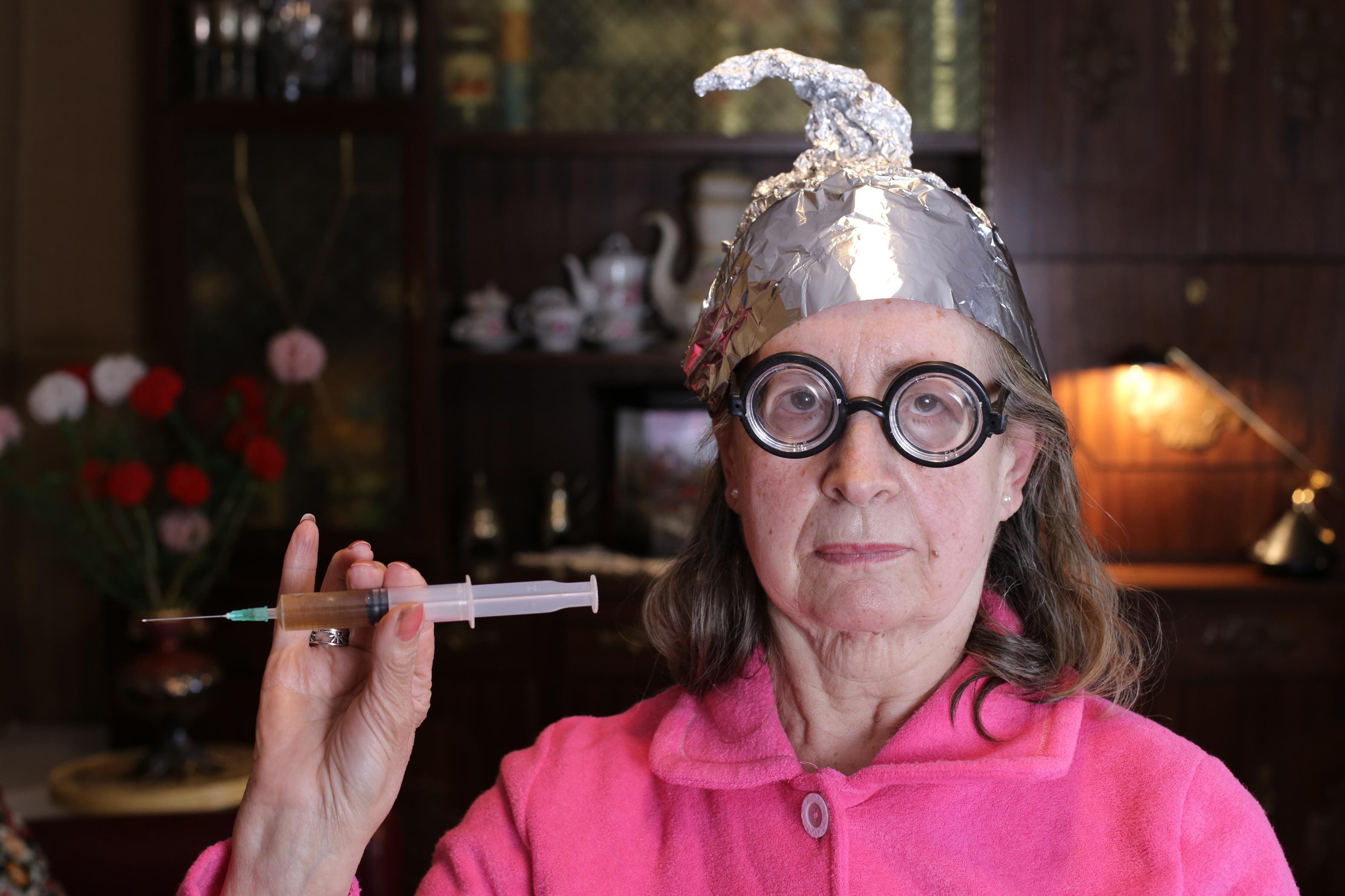Think The 2020 Election Was Rigged? You’re A Lot Less Likely To Pull

Researchers at the University of Kent have examined the effects of conspiracy theories on relationships—and found that most people are less keen to date believers.
Nearly 500 single Americans were shown a mock Tinder profile with a blurred photo, some labels describing generic personal preferences and hobbies, and a bio with a more detailed description.
For the control group, this read “I enjoy traveling, cooking and spending time with friends & family”; another group saw the message “The 2020 election was rigged, people. The facts speak for themselves!” A third group saw “The 2020 election was not rigged, people. The facts speak for themselves!”
Participants were then asked whether they thought a relationship with that person would be satisfying. And, the researchers found, the relationship satisfaction that participants estimated for the pro-conspiracy profile was well below that for the control profile.
“The negative association between conspiracy beliefs and relationship satisfaction… influences first impressions, such as those formed in online dating environments,” the researchers said.
And even once people are in a relationship—whether romantic or friendly—similar attitudes prevail. Except in cases where the participants had strong conspiracy beliefs themselves, they expected to feel less relationship satisfaction and closeness with conspiracists.
“In the hypothetical that a person from their social network expresses a conspiracy belief, people who do not endorse it expect a decrease in their relationship satisfaction, a process of behavioral and attitudinal distancing, and lower perceptions of mutual trust,” said lead author Daniel Toribo.
And a lot of relationships may be affected, with conspiracy beliefs widespread in the U.S. Research from the Anti-Defamation League has found, for example, that nearly three in ten Americans believe in the central aspects of the “Great Replacement” conspiracy theory—linked to numerous violent incidents, including the Christchurch Mosque shootings in New Zealand.
Research for the Institute for Strategic Dialogue, meanwhile, has found that one in five Americans recognizes and believes in at least one of the four central conspiracy claims behind the QAnon movement.
And there’s plenty of anecdotal evidence that relationships have been damaged or broken by such beliefs – often because the person holding them feels the need to discuss them at great length.
However, say the University of Kent researchers, believers in conspiracy theories are often blissfully unaware of the effect their attitudes are having on those around them.
“Anecdotal reports of the eroding effect of conspiracy theories on people’s interpersonal relationships do not seem unfounded. Indeed, conspiracy beliefs are generally expected to erode people’s satisfaction in their relationships with others, reducing people’s perceptions of attitudinal closeness and interpersonal trust, and motivating them to distance themselves from conspiracy believers,” they wrote.
“However, people with stronger conspiracy beliefs did not expect their relationships with other conspiracy believers to be eroded, but rather benefited, by sharing these beliefs.”


